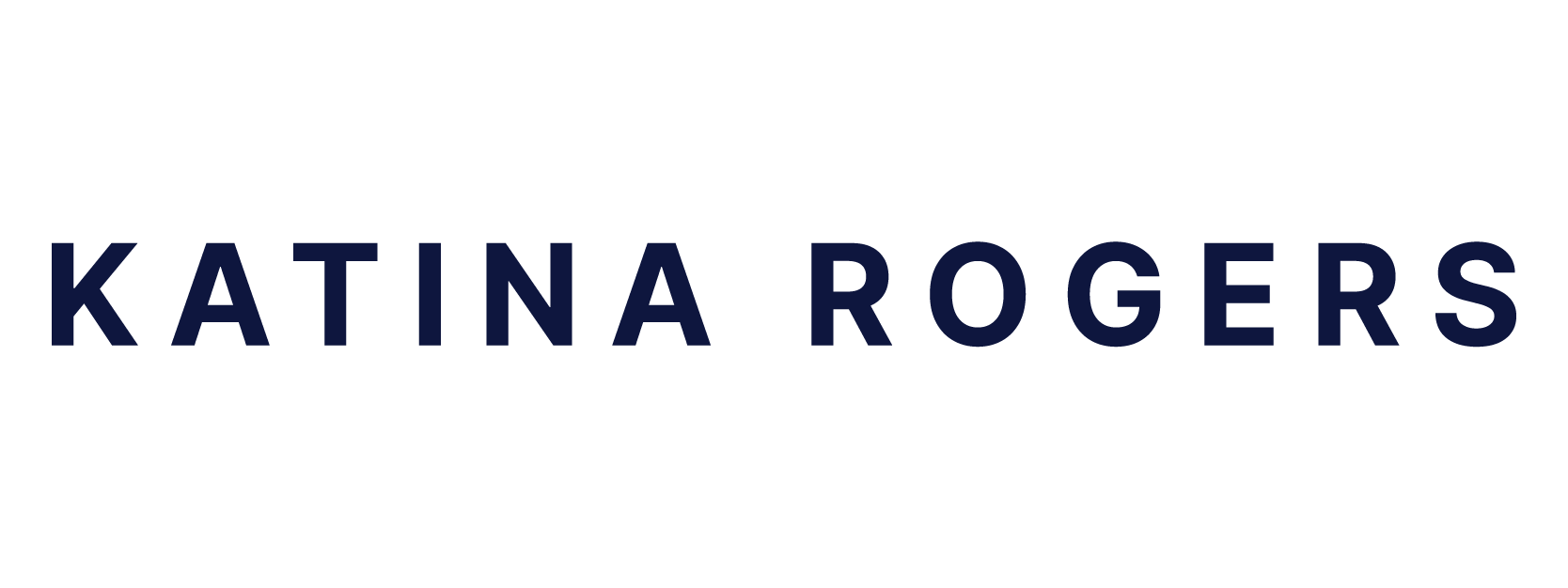Next week, GC Director of Media Relations Tanya Domi will join the Futures Initiative for a discussion and hands-on workshop on translating research for broader audiences—and getting it published. (Join us!) One of the major stumbling blocks for academics looking to break into this kind of writing, I think, is feeling confident enough to pitch an idea and strong enough to absorb many potential rejections before something lands. As we prepare for the event I’ve been reflecting on an activity that I led recently for our graduate fellows that had a similar aim of developing confidence in one’s voice.
The activity was part of a professional development session for FI Graduate Fellows. To start it off, I borrowed an exercise from the Op-Ed Project on establishing credibility. I had each person introduce themselves using the template, “Hello, my name is [x] and I am an expert in [y].”
This is a miserable exercise. When I first encountered it as a participant, my heart was pounding as my turn approached, and I felt ill as I began to speak, willing myself to swallow the usual caveats and hedges that I use to undercut myself. When I led the fellows in doing the same, using my own intro as an example, I stumbled even more, feeling deeply uncomfortable to perform in this way among people who know me well (even if they know me *as an expert*).
In both cases, nearly everyone shared my discomfort, even as they spoke beautifully about all that they know and do.
For many of us, it can feel deeply wrong to say that we excel at something. It creates physical discomfort and mental anguish. And yet, this discomfort is precisely what makes the exercise so effective. The degree of discomfort is, in large part, inversely proportional to how much authority participants are accustomed to having when they speak. In many cases women, people of color, and others who are generally not assumed to be experts may be conditioned to position themselves in a way that is more palatable and less threatening. Women know well that asserting authority can be perceived negatively; to avoid that negative perception, we often smooth things over, soften the edges, and defer to others even when we are the expert in the room.
And yet, undercutting one’s own expertise can prevent others from hearing important perspectives and challenging truths that are so needed in public discourse.
The major paradigm shift that I think is important is moving from imposter syndrome—which is always focused on the self, and how one may or may not measure up to others—to a sense of how our knowledge or expertise might benefit some broader public.
This is such an important transition. I hope that the Futures Initiative’s upcoming workshop offers some concrete strategies to help move in that direction. Everyone has something powerful to share; it is the perfect time to make our voices heard.
